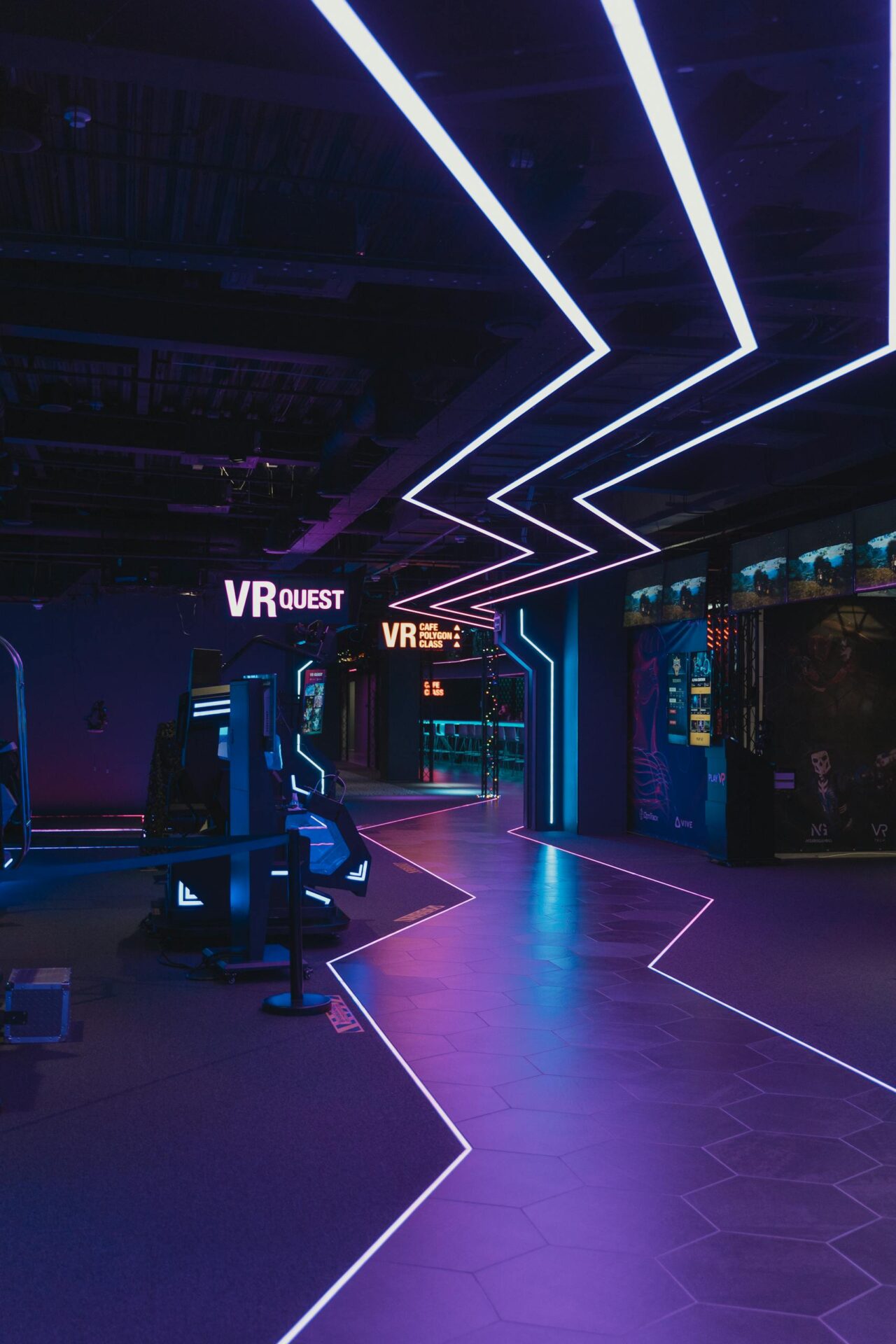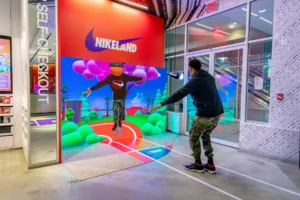
Metaverse Evolved: The Trends Redefining Reality
The metaverse continues to evolve, with new platforms emerging regularly to meet the needs of diverse users, including gamers, creators, businesses, and investors. Each platform offers unique features and use cases, but several key trends are shaping the development of the metaverse:
- Interoperability: The ability to move and interact seamlessly between different metaverse platforms is a major focus for developers.
- Web3 Integration: Technologies like blockchain, NFTs, and decentralized finance (DeFi) are increasingly being integrated into metaverse platforms.
- AI and VR/AR: Artificial intelligence and virtual/augmented reality technologies are creating more immersive and realistic metaverse experiences.
- Enterprise Adoption: Businesses are exploring the potential of the metaverse for virtual offices, training, customer engagement, and other use cases.Navigating the Metaverse: Key Trends Shaping the Future of Digital Interaction
The metaverse is no longer a distant sci-fi concept; it’s a rapidly evolving landscape where digital and physical realities converge. New platforms are popping up at an impressive rate, each catering to a diverse audience ranging from gamers and creators to businesses and investors. As we stand on the cusp of this digital revolution, several key trends are shaping the very fabric of the metaverse. Understanding these trends is crucial for brands and individuals alike who want to thrive in this emerging space.
Seamless Worlds: The Rise of Interoperability
Imagine moving effortlessly between different virtual worlds, carrying your digital assets and identity with you. This is the promise of interoperability, and it’s a major focus for metaverse developers. Just like you can browse different websites on the internet, the vision is for users to seamlessly transition between various metaverse platforms. For brands, this means reaching a wider audience without being confined to a single platform. Think of it like having a store in multiple malls instead of just one.
Brands like Nike with its virtual Nike land are already exploring how to create interconnected experiences, ensuring their presence isn’t limited to a single digital space.

Web3: The Decentralized Backbone of the Metaverse
Web3 technologies, including blockchain, NFTs, and decentralized finance (DeFi), are becoming integral parts of the metaverse. These technologies offer transparency, ownership, and new economic models. NFTs, for example, allow users to own unique digital assets, from artwork to virtual real estate. This opens up exciting possibilities for brands to create exclusive digital collectibles and experiences.
Gucci with its NFT collaborations has demonstrated the potential of NFTs in building brand loyalty and creating new revenue streams. The integration of DeFi also enables new forms of commerce and value exchange within the metaverse.
Immersive Experiences: AI and VR/AR at the Forefront
Artificial intelligence (AI) and virtual/augmented reality (VR/AR) technologies are driving the creation of more immersive and realistic metaverse experiences. VR allows users to step into fully simulated environments, while AR overlays digital information onto the real world. AI enhances these experiences by enabling more intelligent interactions and personalized content. Brands leveraging AI and VR/AR can create captivating experiences that resonate with their audience.
IKEA with its AR furniture app shows how AR can enhance the customer experience and bridge the gap between the digital and physical.

Enterprise Adoption: The Metaverse for Business
Businesses are increasingly recognizing the potential of the metaverse for various use cases. Virtual offices, training simulations, and customer engagement platforms are just a few examples. The metaverse offers a unique space for remote collaboration, interactive learning, and innovative marketing campaigns. Companies are exploring how to host virtual events, conduct product demos, and build brand communities within the metaverse.
Microsoft with its Mesh platform for collaborative meetings is leading the charge in enterprise metaverse solutions, demonstrating the transformative potential of virtual spaces for businesses.
The metaverse is not just a technological evolution; it’s a cultural shift. As these key trends continue to develop, the metaverse will become an increasingly integral part of our lives. For brands, staying ahead of these trends is crucial for staying relevant and engaging with their audience in this exciting new digital frontier.



